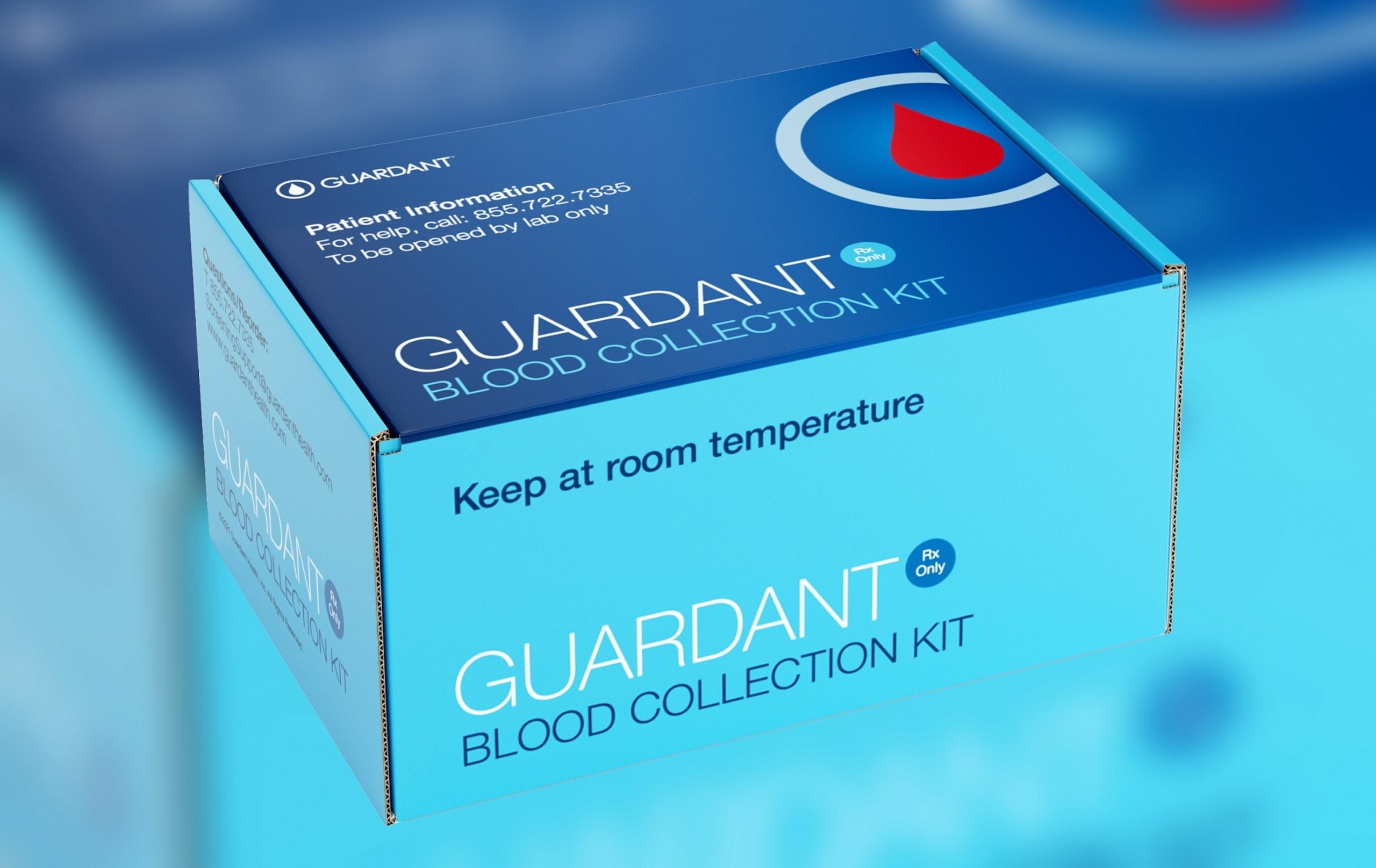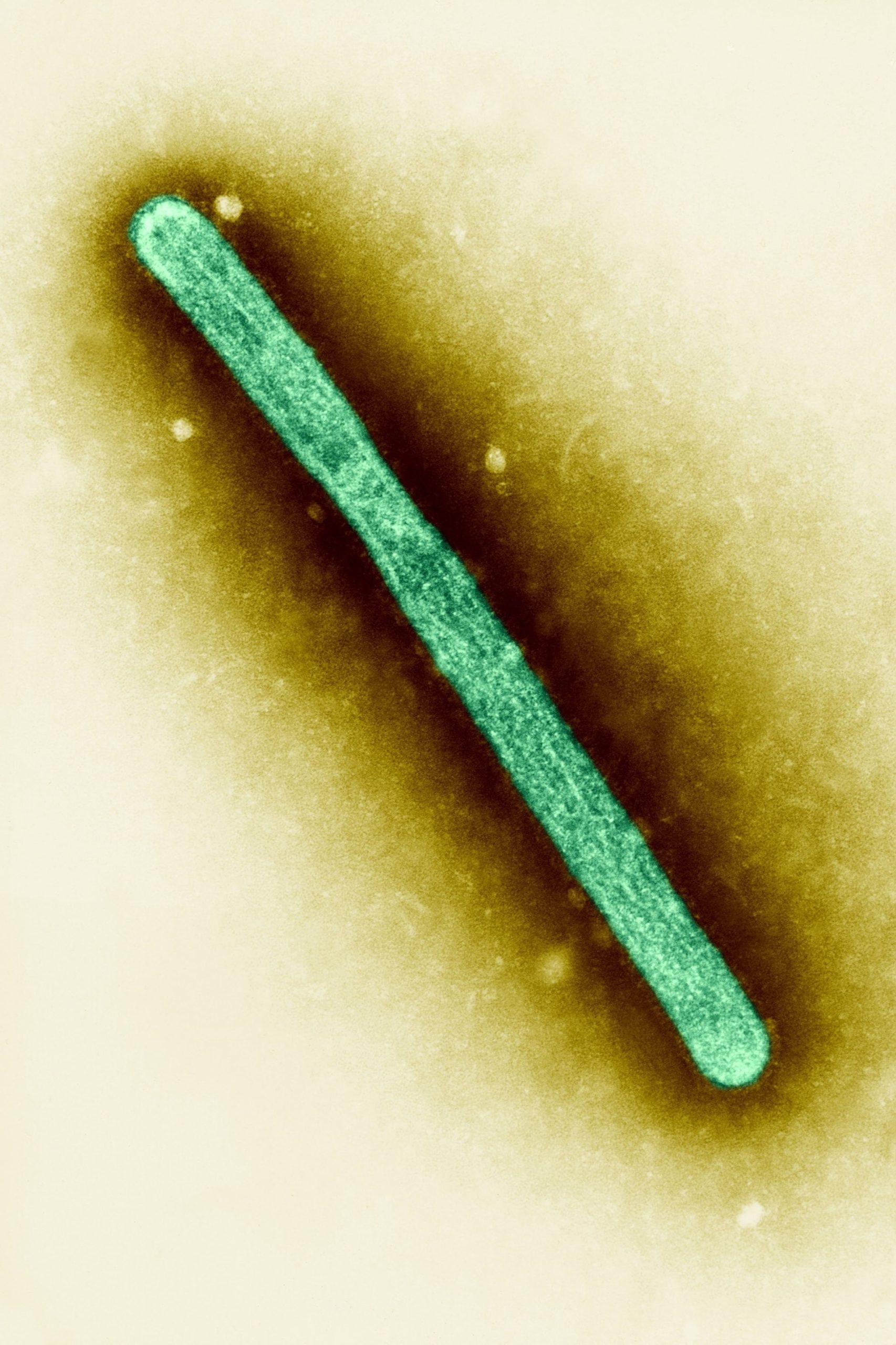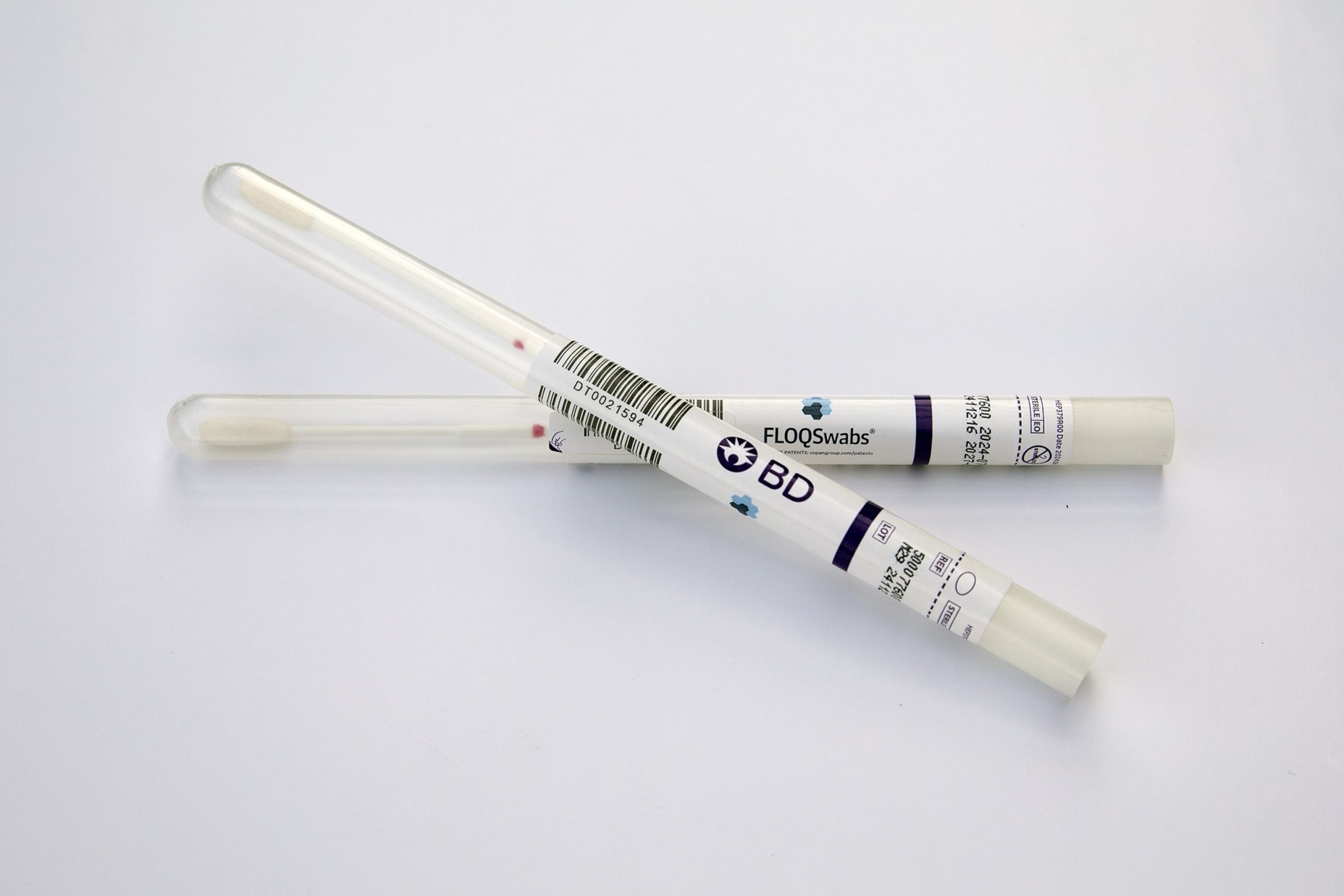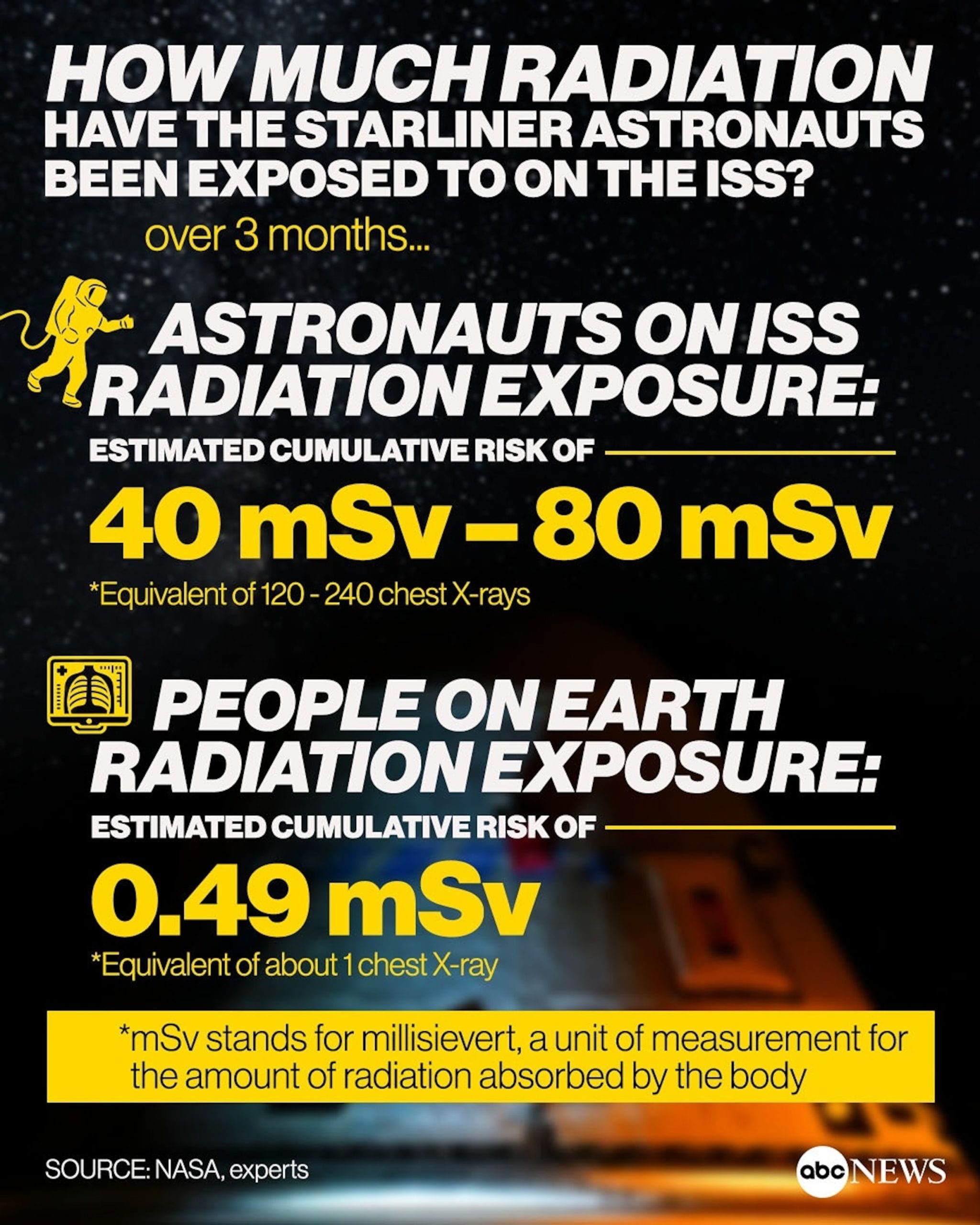The U.S. Food and Drug Administration on Monday morning approved a blood test to screen for colorectal cancer in certain individuals.
The blood test, known as Shield and manufactured by Guardant Health, is already commercially available, but FDA approval will help broaden availability and insurance coverage.
The test was approved for people aged 45 and older with an “average risk” of colon cancer.
Shield detects colorectal cancer by detecting DNA shed by tumors in blood samples. Results take about two weeks after the samples are received by the laboratory.
Shield is not the first blood-based screening tool available for colorectal cancer, and colonoscopies are still considered the gold standard for screening.
However, the test presents another option to screen for a type of cancer that has been affecting many Americans at younger ages than before.
Earlier this year, an FDA advisory panel — the Medical Devices Advisory Committee (MDAC) — recommended that the federal health agency approve the test. Although FDA approval isn’t guaranteed, the agency usually agrees with its advisers.
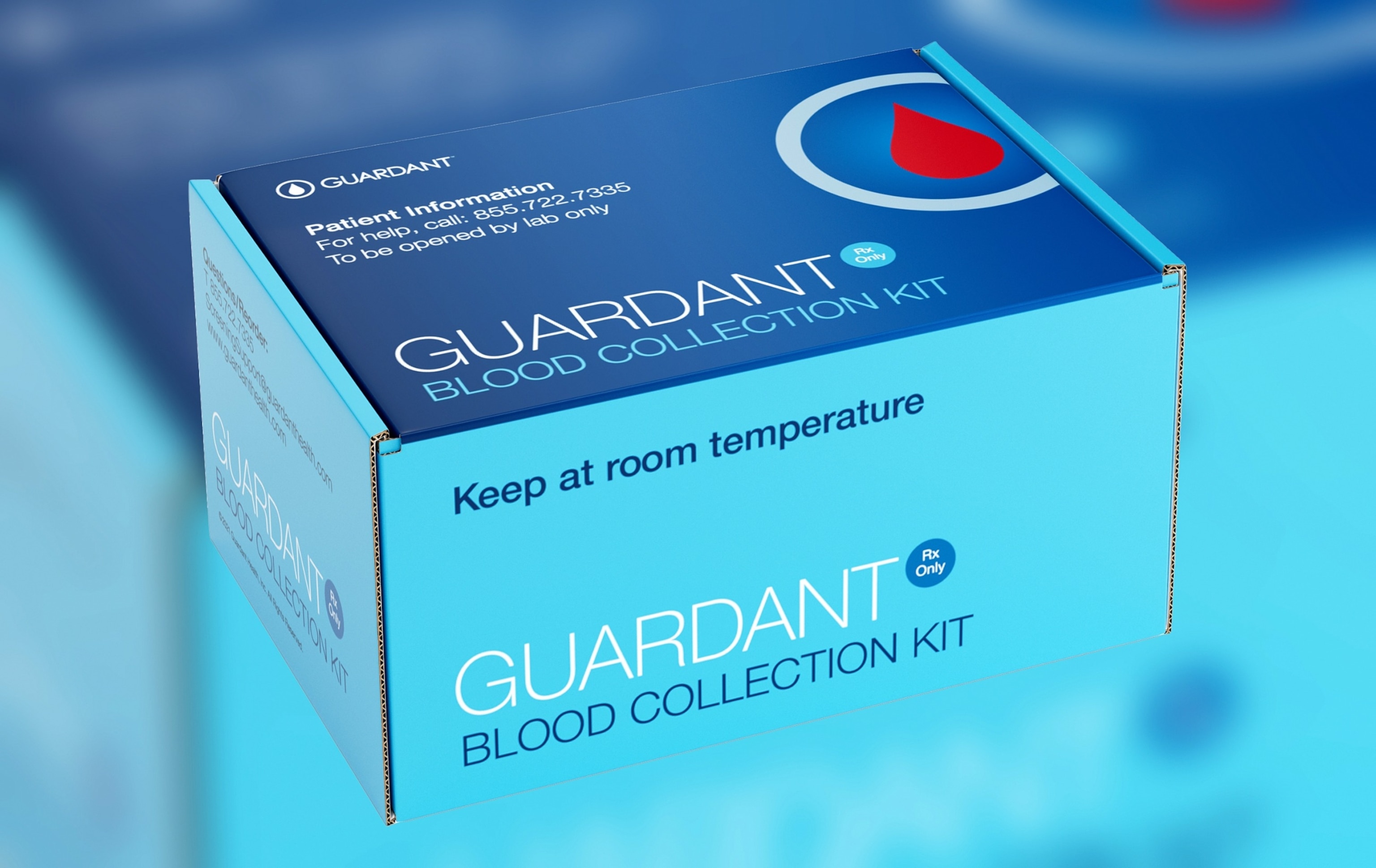
Guardant Health, Inc. announced the availability of Shield, the company’s first blood-based test for the detection of early-stage colorectal cancer.
Guardant Health
In clinical trial data, published in The New England Journal of Medicine, Shield was found to have an 83.1% sensitivity rate, meaning 83.1% of patients with colorectal cancer detected by a colonoscopy tested positive on the Shield blood test. It also had an 89.9% specificity rate, meaning 89.9% of patients without cancer tested negative on the blood test.
Despite the high overall sensitivity rate, the clinical trial data indicated Shield may miss one in 10 people who have precancerous lesions and one in 1,000 people with cancerous lesions.
These “false negatives” may result in tests finding no evidence of cancer, but patients actually have precancerous or cancerous lesions, according to the clinical trial data.
Although members of the MDAC did express concerns about false negatives, the committee ultimately found the test to be safe and effective and that the benefits of use outweighed potential risks.
“The FDA approval of the Shield test is a significant victory for patients and an important milestone in Guardant Health’s mission to conquer cancer with data. Shield can help improve colorectal cancer screening rates so we can detect more cancers at an early stage, when they are treatable,” AmirAli Talasaz, Guardant Health co-CEO, said in a press release.
“We are now getting ready to launch this test in the near future and are very excited to empower physicians with a viable blood-based screening option to tailor the screening regimen to the unique needs of their patients,” Talasaz said.
Colon cancer is the third most common cancer in both men and women in the United States, with an estimated 150,000 new cases diagnosed each year. Early detection is crucial for successful treatment, but many individuals are hesitant to undergo traditional colonoscopies, which can be invasive and uncomfortable. In an effort to increase screening rates and catch colon cancer in its early stages, the Food and Drug Administration (FDA) has recently approved a new blood test for colon cancer screening in individuals at average risk.
The new blood test, known as Epi proColon, is a non-invasive alternative to traditional colonoscopies. It works by detecting specific DNA markers in the blood that are associated with colon cancer. The test can be performed in a doctor’s office or clinic, and results are typically available within a few days. If the test comes back positive, further testing, such as a colonoscopy, may be recommended to confirm the diagnosis.
One of the major advantages of the Epi proColon test is its convenience and ease of use. Unlike colonoscopies, which require bowel preparation and sedation, the blood test simply involves drawing a small sample of blood from the patient’s arm. This makes it an attractive option for individuals who are reluctant to undergo more invasive screening procedures.
In addition to its convenience, the Epi proColon test has been shown to be highly accurate in detecting colon cancer. Clinical studies have found that the test has a sensitivity of over 90% for detecting colorectal cancer, making it a reliable screening tool for individuals at average risk.
It is important to note that the Epi proColon test is not intended to replace colonoscopies, which remain the gold standard for colon cancer screening. However, for individuals who are unwilling or unable to undergo a colonoscopy, the blood test provides a valuable alternative that can help detect colon cancer in its early stages.
The approval of the Epi proColon test by the FDA represents a significant step forward in the fight against colon cancer. By providing a non-invasive and accurate screening option for individuals at average risk, the test has the potential to increase screening rates and ultimately save lives. If you are at average risk for colon cancer and have concerns about undergoing a colonoscopy, talk to your doctor about whether the Epi proColon test may be a suitable alternative for you.
